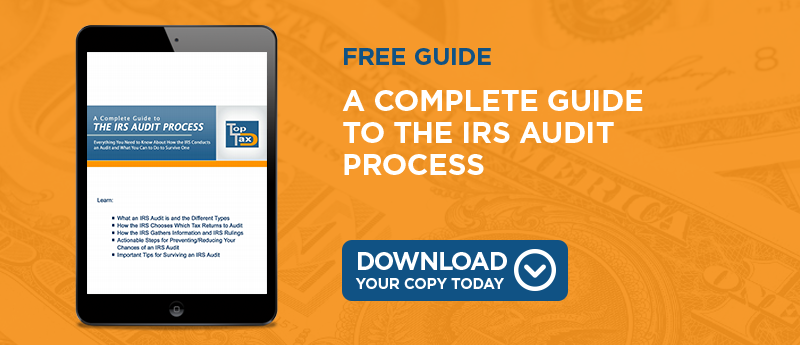

Claiming the Home Office Tax Deduction
The home office tax deduction is generally used for taxpayers who work out of their home on a regular basis. Those who occasionally use the home to work do not typically qualify for this deduction. According to the IRS, the space in the home must be "regularly and exclusively used" for business, which means that the location should be dedicated to work. A separate structure on the property that is used for business can also be used for purposes of this deduction. This applies to garages, offices or buildings that are reserved for business.
Precautions to Consider
Keeping with the rule of using a space that is exclusively dedicated to work, it's best to avoid storing personal items in the same space. For example, if you work out of your bedroom, your space may not qualify for the provision unless you put up a partition to clearly distinguish the personal space from the business space. You might even need to take a picture of your workspace to support the claim.
One of the advantageous things about claiming home office expenses is that you will also qualify to write off a portion of your regular home costs such as the mortgage, utilities, and insurance. You'll have to take a measurement of the space and use the appropriate square footage to determine how much of your expenses you can deduct. To avoid suspicion, it's best to deduct less than 25 percent of your home expenses for your office space.
Legitimate Home Office Expenses
While home office expenses may be a potential audit trigger, taxpayers who are legitimately entitled to claim this deduction shouldn't shy away from doing so. The key to claiming these expenses is to completely support all of the deductions with receipts and cancelled checks that will back up your claim.
Despite concerns that you may be inviting an audit by claiming a home office deduction, you can still deduct your costs with confidence as long as you carefully document your expenses and support your claim.



